From the Chicago Reader (February 1, 1989). — J.R.
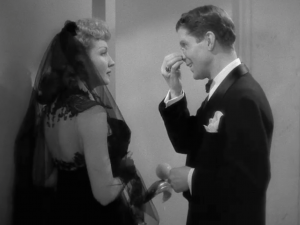
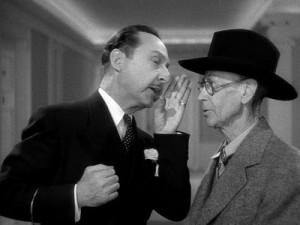
Rudy Vallee turns in his best performance as a gentle, puny millionaire named Hackensacker in this brilliant, simultaneously tender and scalding 1942 screwball comedy by Preston Sturgesone of the real gems in Sturges’s hyperproductive period at Paramount. Claudette Colbert, married to an ambitious but penniless architectural engineer (Joel McCrea), takes off for Florida and winds up being wooed by Hackensacker. When McCrea shows up she persuades him to pose as her brother. Also on hand are such indelible Sturges creations as the Weenie King (Robert Dudley), the madly destructive Ale and Quail Club, Hackensacker’s acerbic sister (Mary Astor), and her European boyfriend of obscure national origins (Sig Arno). The Hackensacker character may be the closest thing to self-parody in the Sturges canon, but it’s informed with such wry wisdom and humor that it transcends its personal nature (as well as its reference to such tycoons as the Rockefellers). With William Demarest, Jack Norton, Franklin Pangborn, and Jimmy Conlin. 90 min. (JR)
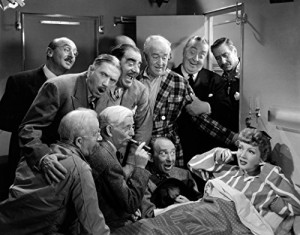
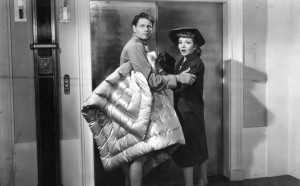 Read more
Read more
From the Chicago Reader (March 1, 1990). — J.R.
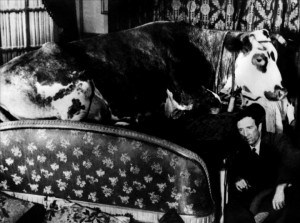
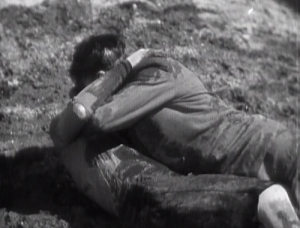
Luis Buñuel’s first and most radical feature (1930) was banned for decades, and it continues to pack a jolt. Forsaking consecutive plot, the film is more like an anarchist bomb, starting off as a documentary before assaulting church, state, and society —particularly high society — in the name of eros. Funny, blasphemous, sexy, strange, subtle, and evocative in its use of sound, it’s also thoroughly Buñuelian, though without the bittersweet sense of resigned acceptance that characterizes some of his later works. Except for his 1932 documentary Las Hurdes, this ferocious act of revolt kept Buñuel virtually unemployed as a director for 17 years; when he finally returned as a narrative filmmaker, he delivered something quite different from the wild poetry of his first three films. In French with subtitles. 60 min.
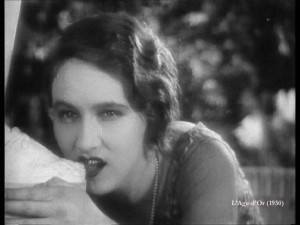
Read more
From the September 30, 2005 Chicago Reader. — J.R.
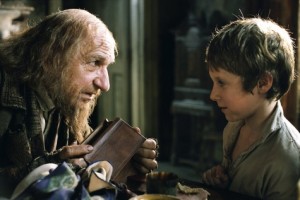
Roman Polanski said he wanted to make a movie his kids could see, and clearly his take on the Charles Dickens novel, with its childhood feelings of panic and deprivation, is free of the postmodern irony most contemporary directors would have brought to the material. Working again with writer Ronald Harwood (The Pianist), Polanski honors the craft of classical storytelling and never flinches from the book’s melodramatic extremes in portraying the horrors of poverty. Apart from Ben Kingsley’s elaborately detailed Fagin, there are no fancy actors’ turns, and the sets and costumes look splendidly (if sordidly) lived in, reminding one that Tess (1979), Polanski’s adaptation of Thomas Hardy, won Oscars in both categories. With Barney Clark as Oliver. PG-13, 130 min. (JR)
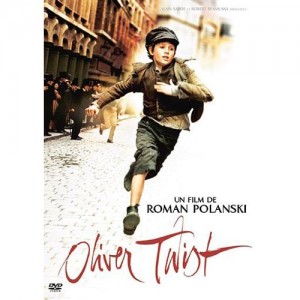 Read more
Read more
From the Chicago Reader (December 17, 2001). — J.R.
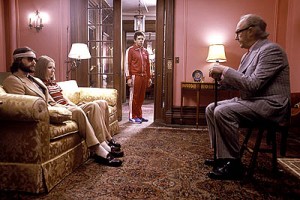
You may find Wes Anderson’s 2001 follow-up to Rushmore a solid piece of entertainment in the same general mode, but disappointing insofar as it moves the earlier film’s stylistic freshness into a kind of formula, increasing the overall cuteness while reducing the sense of adolescent despair. Not that the extended dysfunctional New York family of the title are happy campers by any means; like Salinger’s Glass family, they’re a disarming mix of prodigal talents, crippling incapacities, and diverging ethnicities. The movie’s affection for them all is certainly infectious, and the cast is wonderful: Danny Glover, Gene Hackman, Anjelica Huston, Bill Murray, Gwyneth Paltrow, Ben Stiller, Luke Wilson, and Owen Wilson. Whatever my qualms, it’s still one of the funniest comedies around. R, 108 min. (JR)

Read more
From the August 1, 1989 Chicago Reader. — J.R.
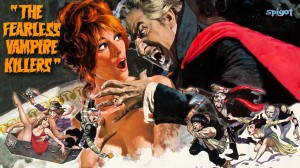
Subtitled Pardon Me, but Your Teeth Are in My Neck, and also known as Dance of the Vampires, Roman Polanski’s macabre send-up of the vampire movie (1967, 108 min.) never got a fair shake in this country, because it was originally released in a mutilated and redubbed version that tended to flatten many of the film’s eastern European nuances and ironies (if memory serves, a few of the kinkier gags were lopped off as well). A comic duo composed of a bumbling professor (Jack MacGowran) and his awkward assistant (Polanski) go after a family of Transylvanian vampires, and the film amiably runs through all the standbys associated with vampire movies, putting a personal and goofy spin on most of them. Sharon Tate also appears, at her most ravishing. (JR)
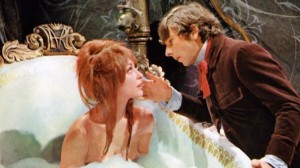 Read more
Read more













